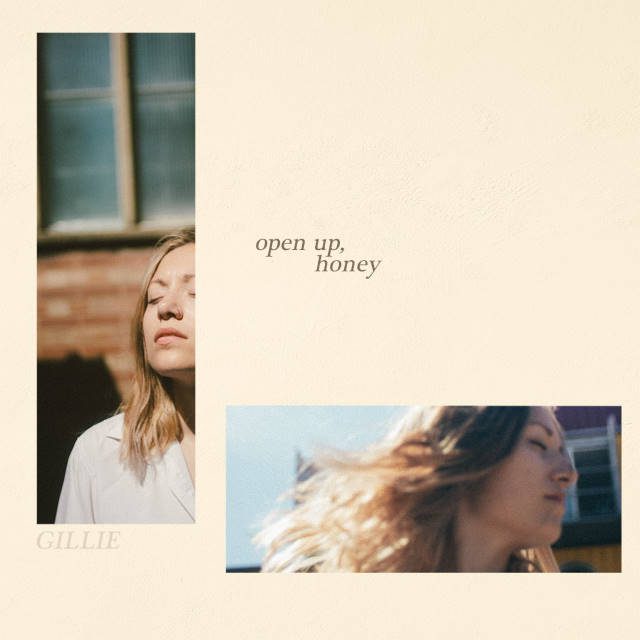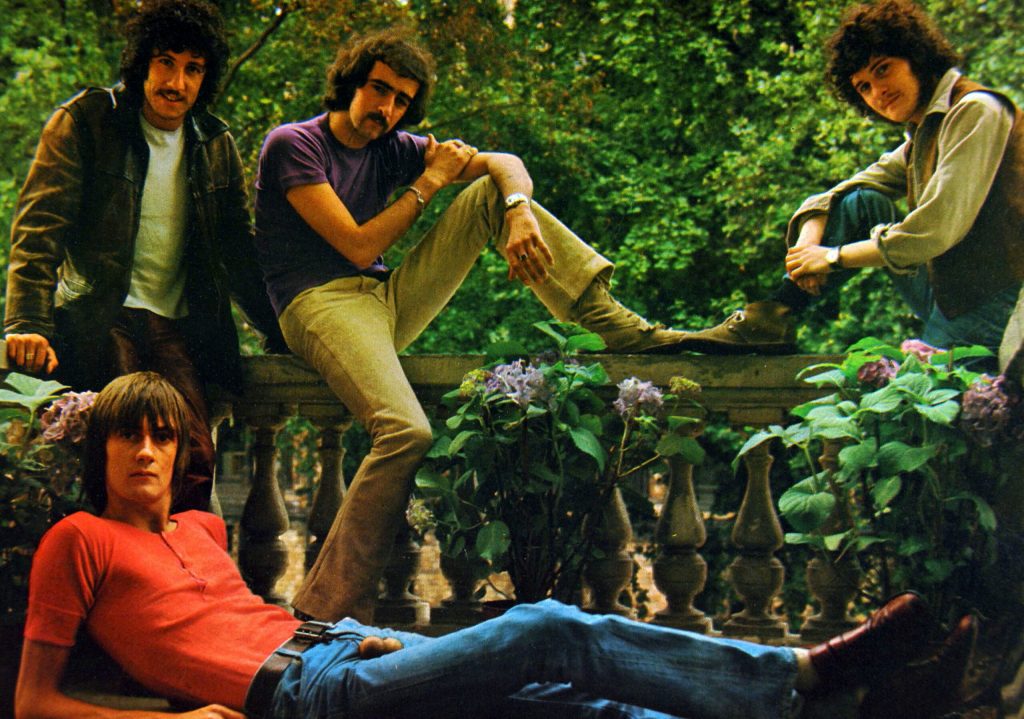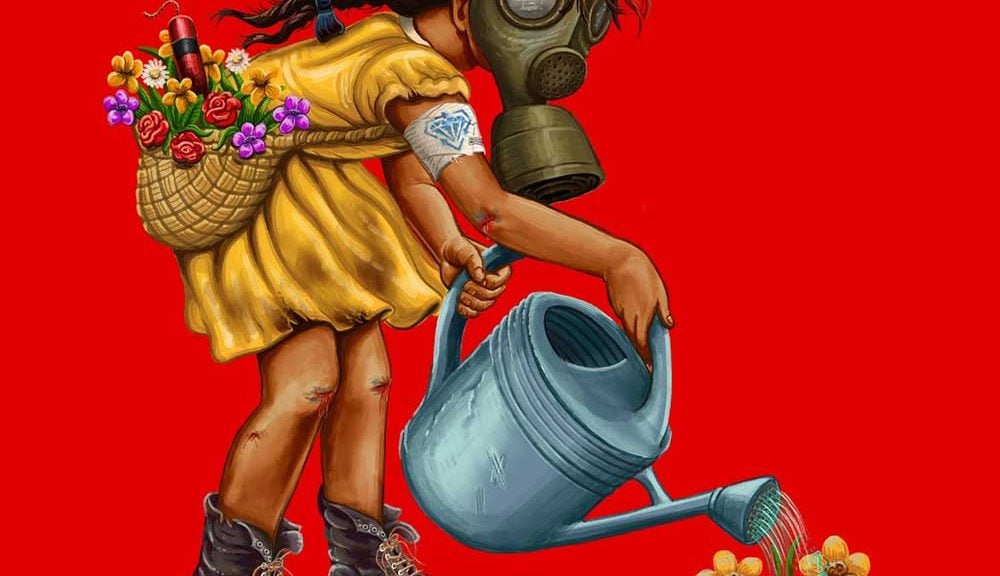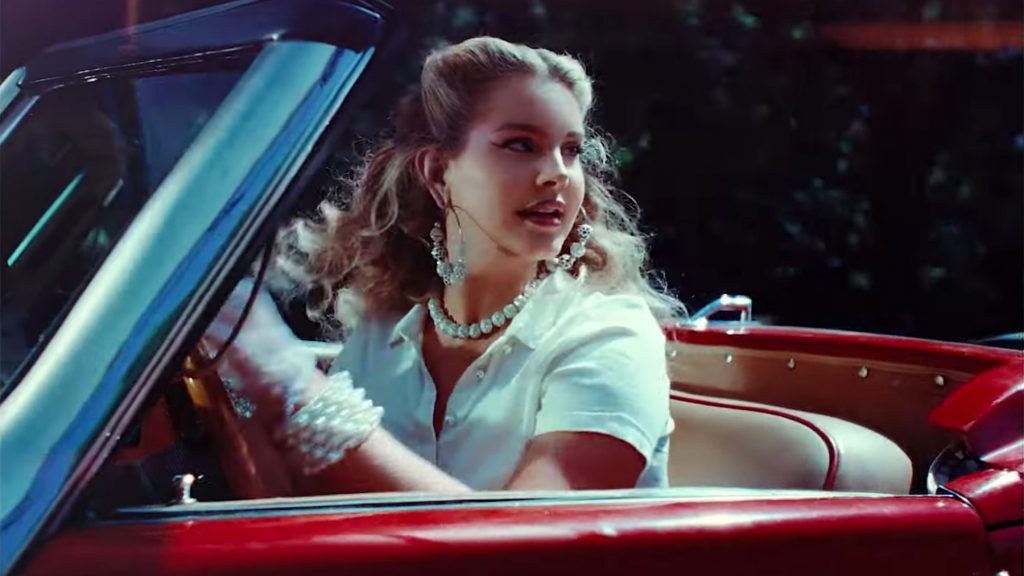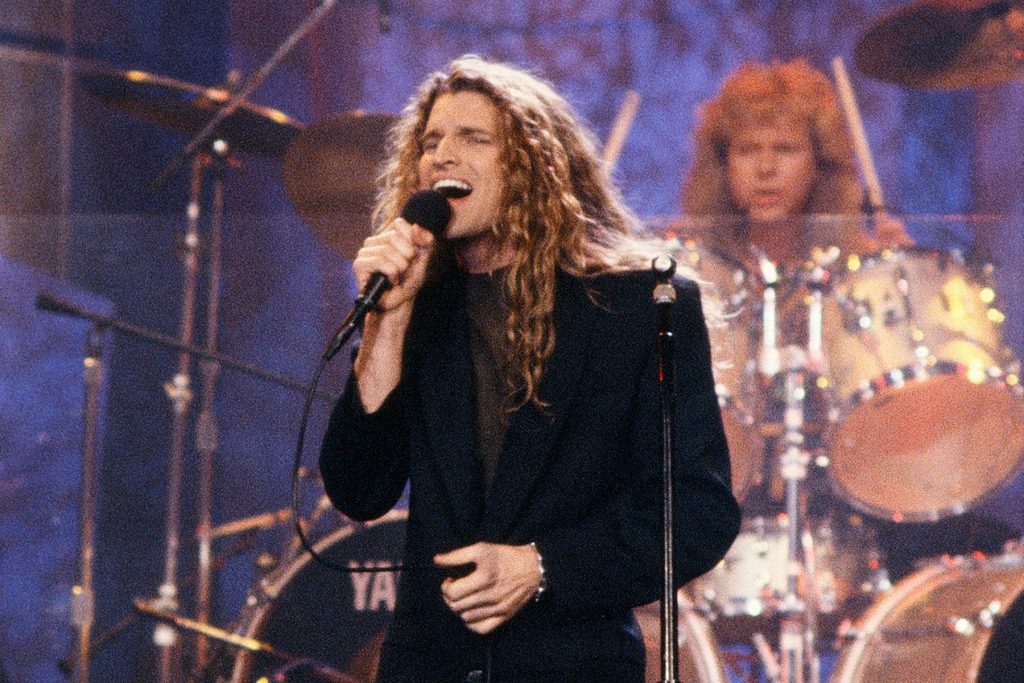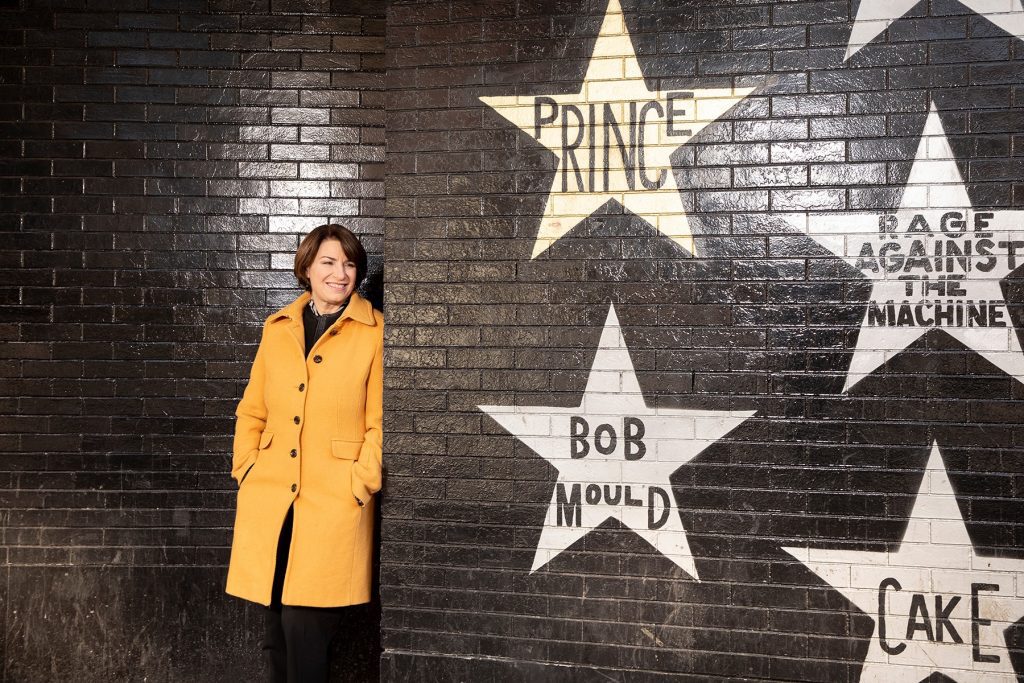
Amy Klobuchar on Bill to Save Indie Music Venues: ‘I Don’t Want to Lose Music in America’
When the coronavirus pandemic and subsequent business lockdowns began in March, many owners of independent music venues knew they’d be hit hard. As some of the first businesses to shut down and last to eventually open, venues around the country quickly began looking at how long they could afford exorbitant rents, insurance, and other fixed costs with little to no meaningful income for the foreseeable future. While PPP grants have helped select venues, spots around the country are facing unenviable decisions and dire consequences without any sort of assistance.
While the Senate considers the RESTART Act that would help small businesses such as music venues, Minnesota Sen. Amy Klobuchar and Texas Sen. John Cornyn introduced the Save Our Stages bill, specifically targeted at giving government assistance to venues. If passed, the bill, supported fully by the National Independent Venue Association, would provide six months of financial support to help “keep venues afloat, pay employees, and preserve a critical economic sector for communities across America.”
The act would ensure that relief funds only go to small, independent venue operators, promoters, and talent reps. Those that receive grants would be able to use the money to cover costs incurred during the COVID-19 pandemic, as well as pay for rent, utilities, mortgages, personal protective equipment, maintenance, administrative costs, taxes, and expenses that would allow venues to meet local and federal social-distancing guidelines.
In an interview op-ed for “IndieLand,” Klobuchar explains why she co-introduced the bill and how its long-term economic effects extend well beyond music.
I don’t want to lose music in America. It’s one of our most incredible assets, one of the most incredible parts of our culture in America, and one of our most successful exports to the world. It’s not only goodwill to the world, but it also brings in significant revenue to our country and jobs. And you can’t have creative music and allow new artists and people like Prince — before he was a superstar in our state — without venues where they can perform.
And you look at this across the country. You think of the Austin music scene. You think about Nashville. You think about California. You think about Minnesota. All these incredible new crops of artists wouldn’t happen if they didn’t have a place to perform. I have a personal love of music and of artists, and that was a big part of my life growing up. I was the suburban high school kid that would go to concerts by Led Zeppelin, the Cars, and Aerosmith.
What you don’t want is one company dominating, and in the pandemic, as we have seen in other areas — not just music, as we’re starting to see with Amazon and the like — it is so easy for companies to have an advantage that are big, and so hard for small companies. So for me, it is about the music industry and keeping our music alive. [Venues] may have been the first to close because people are so close at concerts, and they may be some of the last to open. And we have to acknowledge that certain industries are targeted more than other ones by this virus.
I’m a believer that we’re going to get a vaccine, but I think it’s going to take a while. The president himself — not that I usually quote him — finally admitted it’s going to get worse before it gets better. So we have to know that this isn’t going to get fixed tomorrow. But at some point, there’ll be a day after tomorrow, and we want to make sure the music industry and the musicians are still strong.
[With music venues], it’s not like some of the businesses can be half-open. It’s either open or closed for the most part. You could envision a day where maybe they can do social distancing, but it’s really hard in mosh pits to do that. (I know that from my daughter. I can’t say I’ve been in a lot of mosh pits myself.) It makes it unique because of the fact that, while the PPP grants were welcome, those venues are in a unique situation where that wasn’t as much help as it was for other businesses. They’ve always operated on a thin margin. There is an estimated $9 billion in losses expected should ticket sales not resume until 2021. And so we really tried to focus this on the independent, smaller venues. It’s an extension of PPP — kind of like the airlines was — to get at a particularly hard-hit industry that the PPP isn’t going to work for.
“If you’re willing to put all that money into the airline industry because they’re uniquely affected, you’ve got to start looking at the music industry.”
And last week, we introduced bipartisan legislation — the Save Our Stages Act — and we’ve added Republicans to sign on to other letters, so I think that shows you [it’s not just an arts issue] right there; it’s also an economic issue and a jobs issue. It’s not just who goes into the venues and buys tickets; it’s also what they do in the surrounding areas. And for many towns, music dominates their town like Austin or Nashville. And then for other towns, like Minneapolis, it is part of our whole appeal for bringing people downtown. It’s really important to the business of the city that you have things that people can go to. The fact that we are covering towns that aren’t just the main music towns is really important to know; the export numbers on things like jobs and movies is huge.
My message to music fans who want to help their favorite venues is to advocate; call their congresspeople, and say “We need you to support this bill.” You have fans that go to venues all the time and miss it very much, and then you have people that understand that that’s how their favorite artists got started. You don’t want to take away the way that so many of our artists get started.
Time is of the essence here. And we have this big package, the Heroes Act, that has some small-business programs in there that would be helpful. But this isn’t yet in there. So we either have to have it passed separately or then work to get it into a package in the fall. You can’t go much further than that. To my fellow colleagues, I would say if you’re willing to put all that money into the airline industry because they’re uniquely affected, you’ve got to start looking at the music industry. That is a huge, huge part of our economy and such a unique American export. There are not other countries that have this kind of contribution.
As told to Jason Newman. U.S. Sen. Amy Klobuchar (D-MN) is the ranking member of the Senate Judiciary Subcommittee on Antitrust, Competition Policy, and Consumer Rights.
